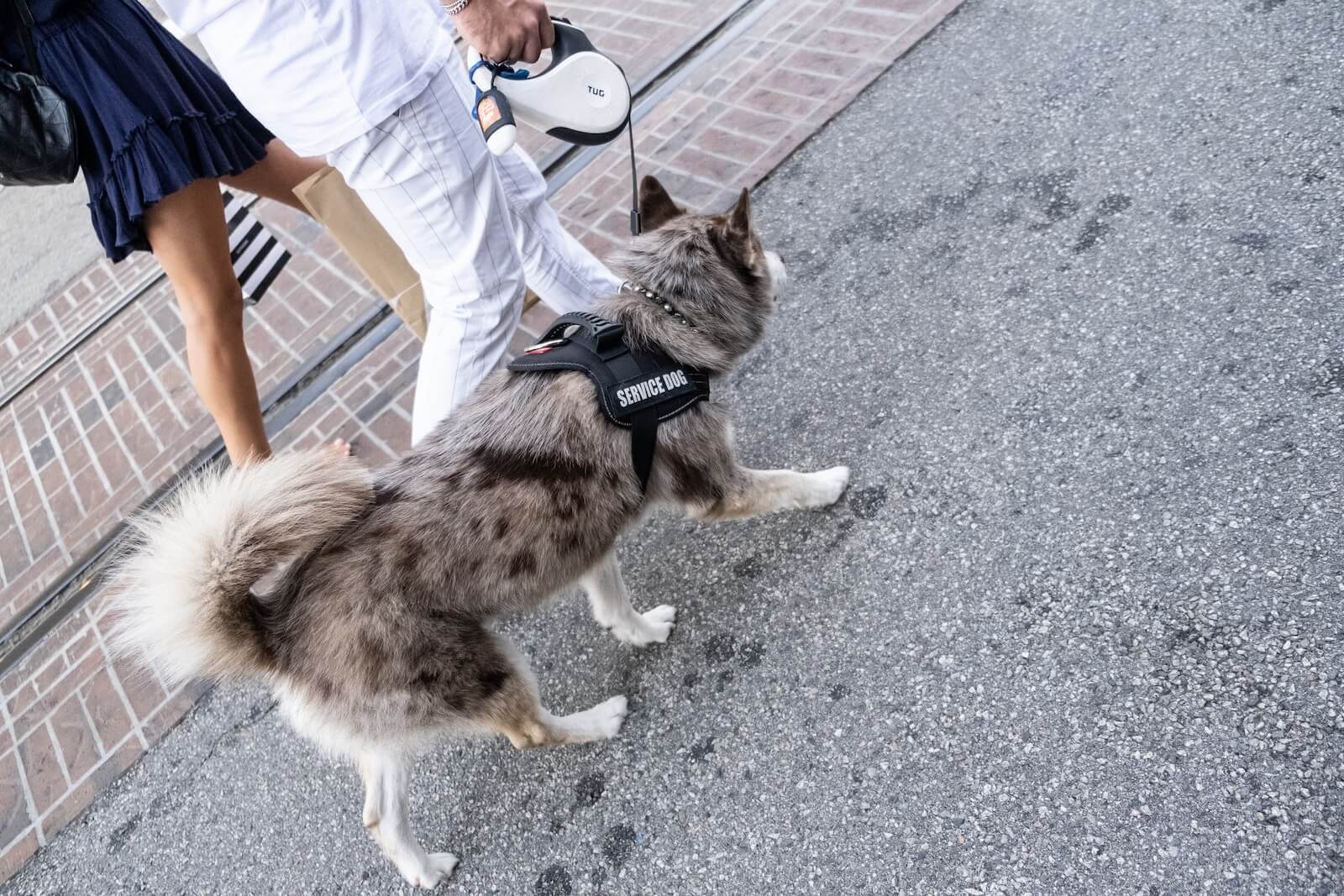MINNEAPOLIS – Dogs are undeniably man’s best friend within the animal kingdom when it comes to pure companionship, but researchers with the American Academy of Neurology suggest properly trained pups can also help epilepsy patients in an emergency. Scientists from Erasmus University explain that canines trained in detecting seizures and other epilepsy-related tasks may help reduce the number of seizures patients with drug-resistant epilepsy endure.
“Despite the development of numerous anti-seizure medications over the past 15 years, up to 30% of people with epilepsy experience persistent seizures,” says study author Valérie van Hezik-Wester, MSc, of Erasmus University Rotterdam in the Netherlands, in a media release.
“The unpredictable nature of seizures is often the most disabling aspect of epilepsy. Seizure dogs are trained to recognize seizures and respond when they occur. The tasks that these dogs perform along with their companionship may reduce seizure-related anxiety, also potentially reducing seizures caused by stress, the most common trigger for seizures.”
To conduct this study, researchers analyzed 25 individuals with tough-to-treat cases of epilepsy and a high risk of seizure-related injuries. The team tracked each participant for up to three years.
To start, study authors observed everyone under their normal healthcare conditions before assigning them a seizure dog in randomized order. Participants did, however, have the option to choose between receiving coaching in training a puppy at their own home or receiving a dog already trained in socialization and obedience skills and only required training for epilepsy-specific tasks.
Seizure dogs, generally speaking, learn to recognize seizure activity through the observation of movements and sounds. These dogs are capable of activating an alarm, fetching medication or a phone, and even blocking the person’s movements or changing body position. These trained pups can also provide companionship as the seizure subsides, as patients often feel disoriented and anxious.

All study participants recorded both the frequency and types of seizures experienced in a diary and filled out surveys every three months. Those polls focused on measuring factors such as seizure severity, health-related quality of life, and well-being.
This approach revealed that participants had, on average, 31 percent fewer seizures during the last three months they had seizure dogs. Notably, seven patients even achieved a 50 to 100-percent reduction in seizures. At the beginning of the study, participants experienced an average of 115 seizures per 28-day period. After being paired with a seizure dog, that average dropped to 73 seizures per 28-day period.
An increase was also noted in the number of days with no seizures; from 11 days per 28-day period before the study to 15 days after working with a seizure dog.
“These findings show that seizure dogs can help people with epilepsy,” concludes van Hezik-Wester. “However, we also found that this partnership with seizure dogs might not be the right fit for everyone, as some people discontinued their participation in this program. More research is needed to better understand which people can benefit from working with seizure dogs.”
The study is published in the journal Neurology.
